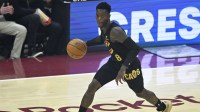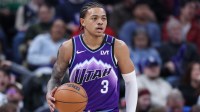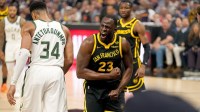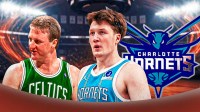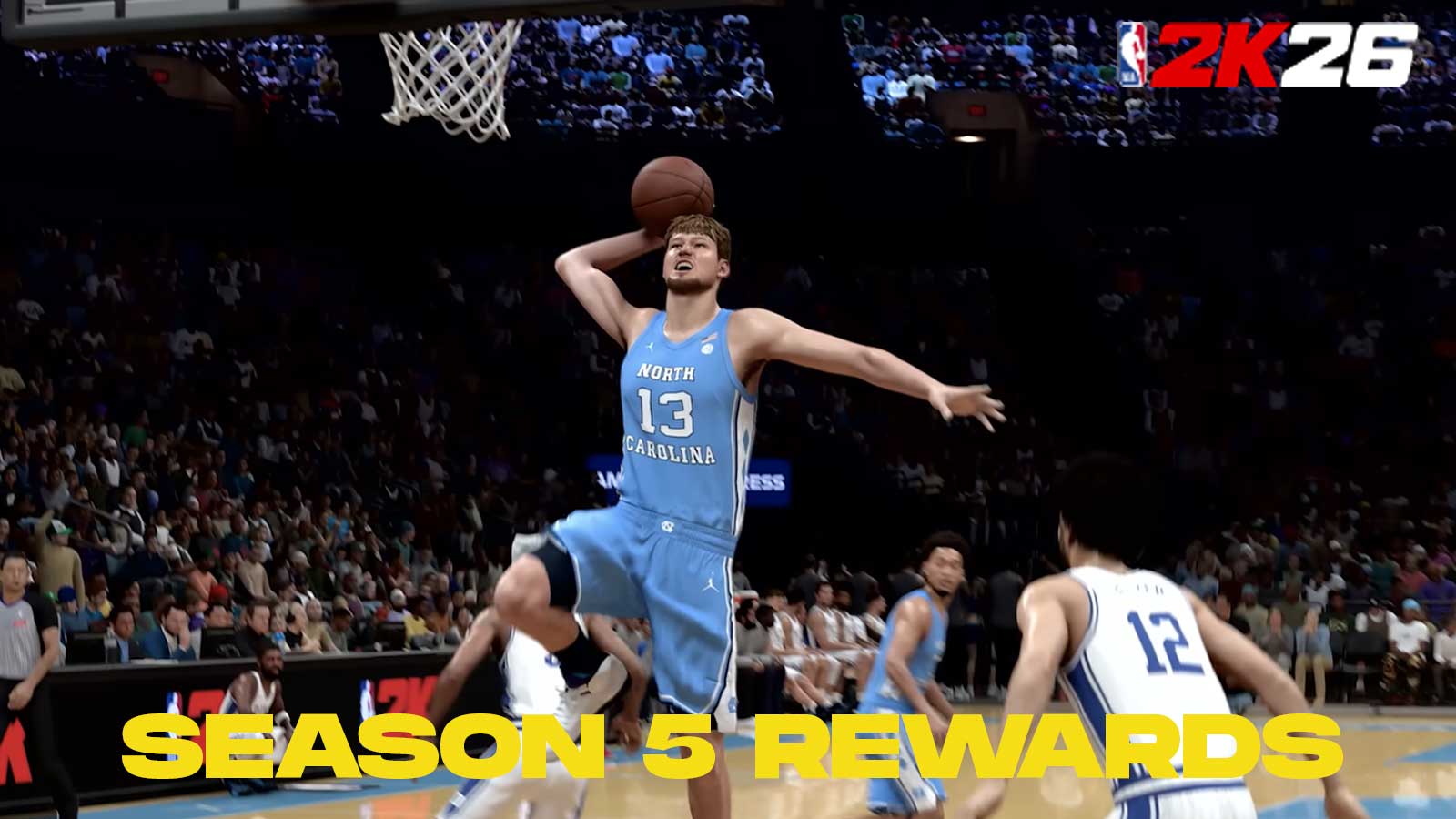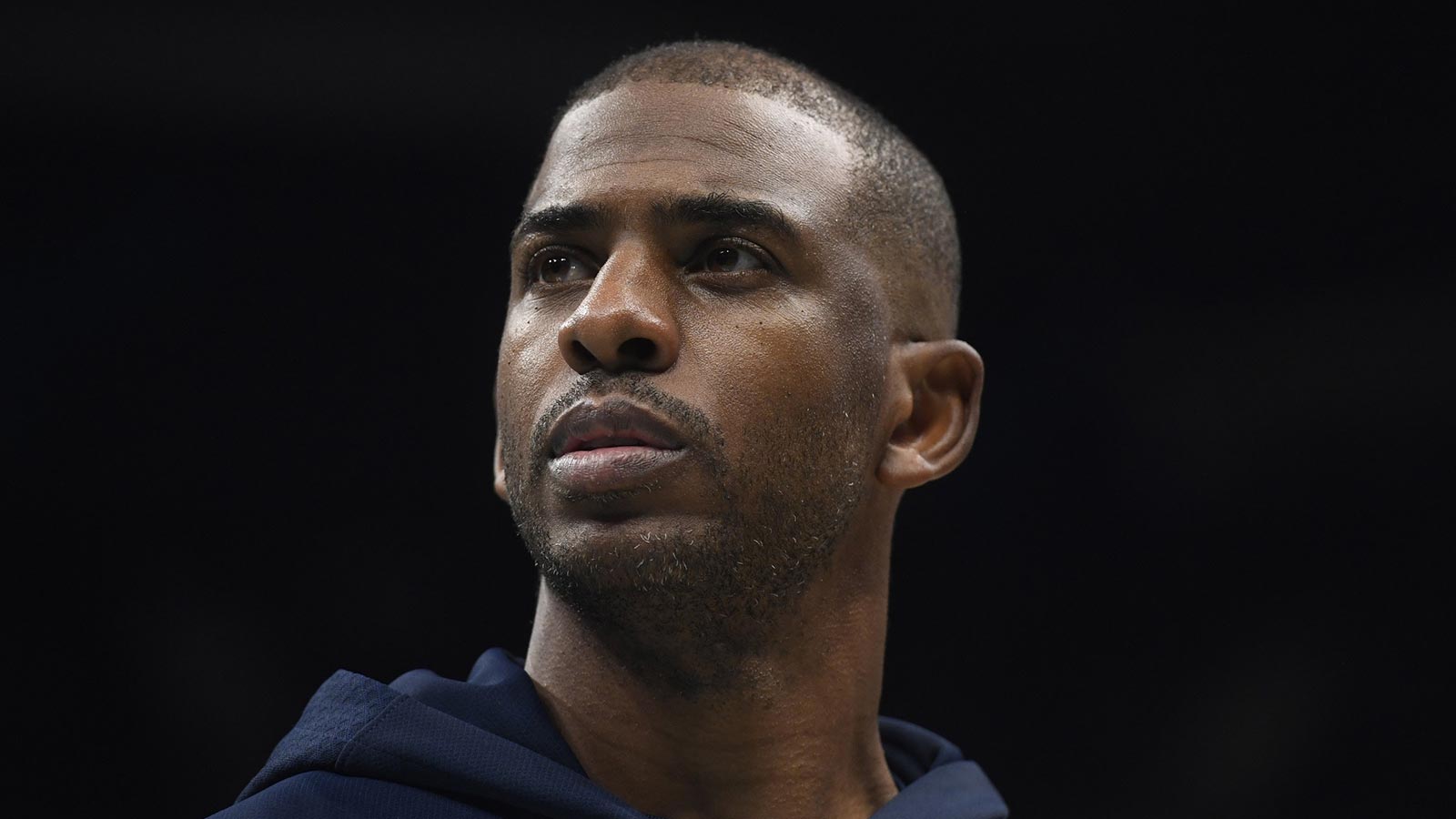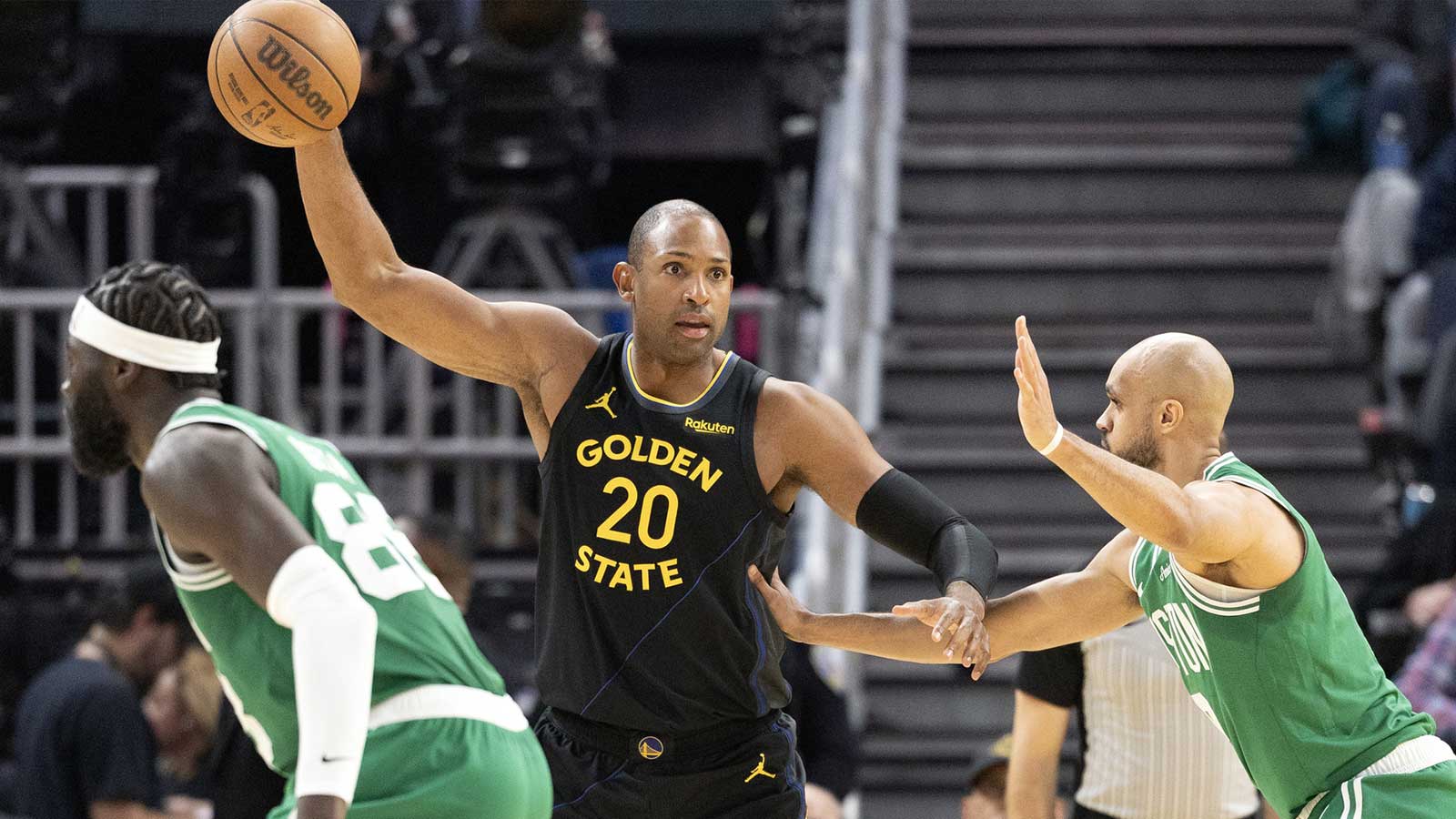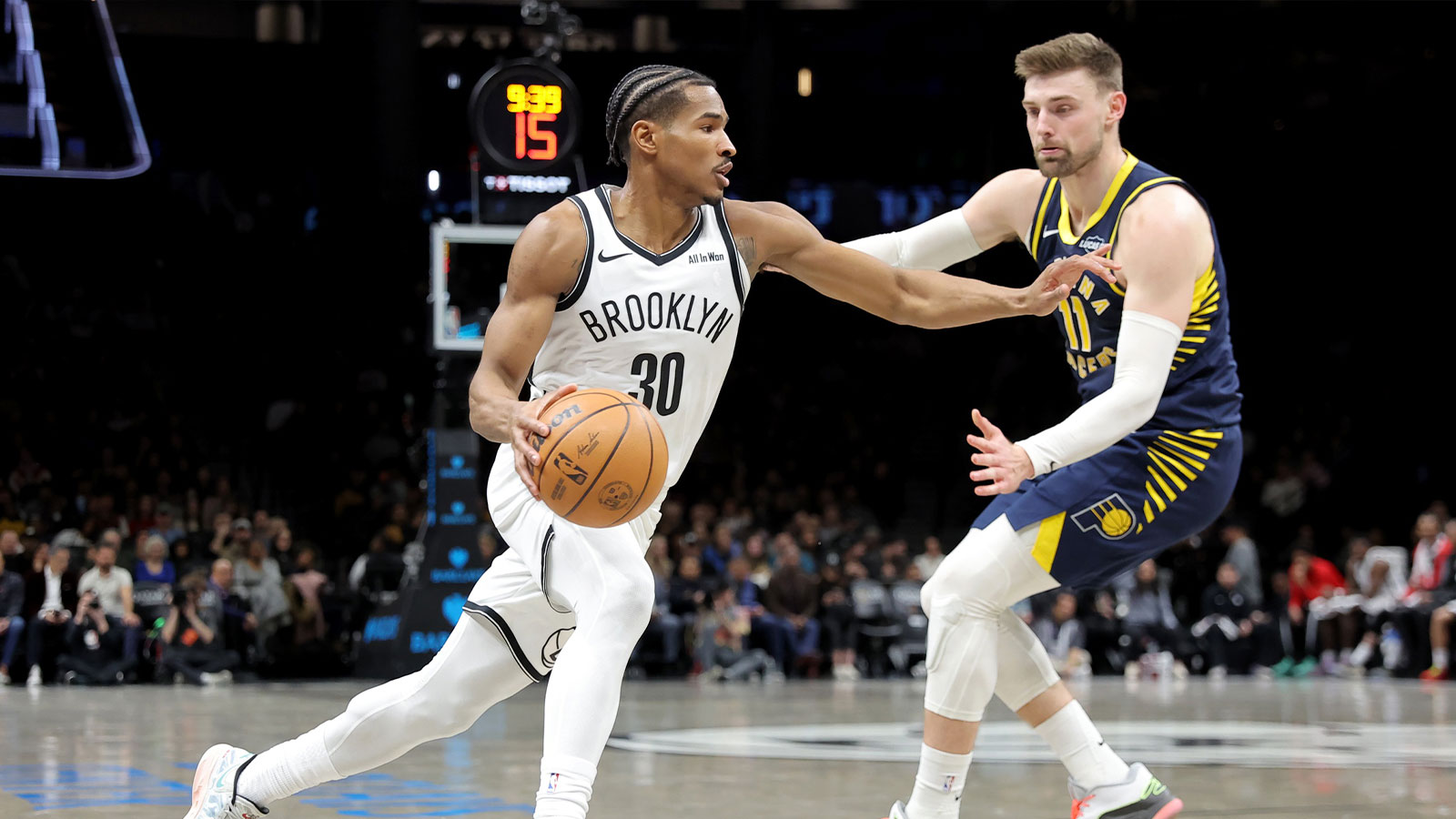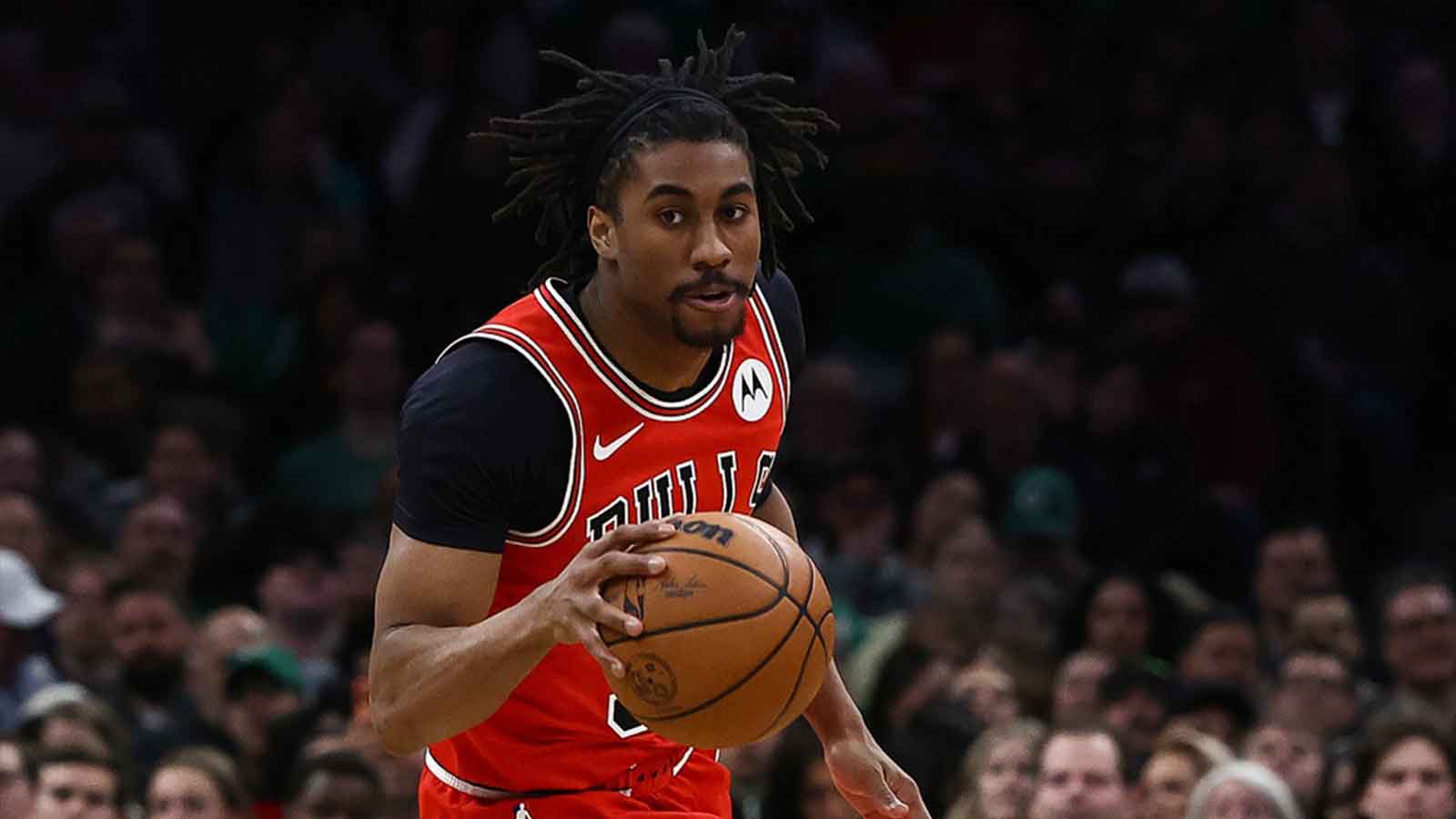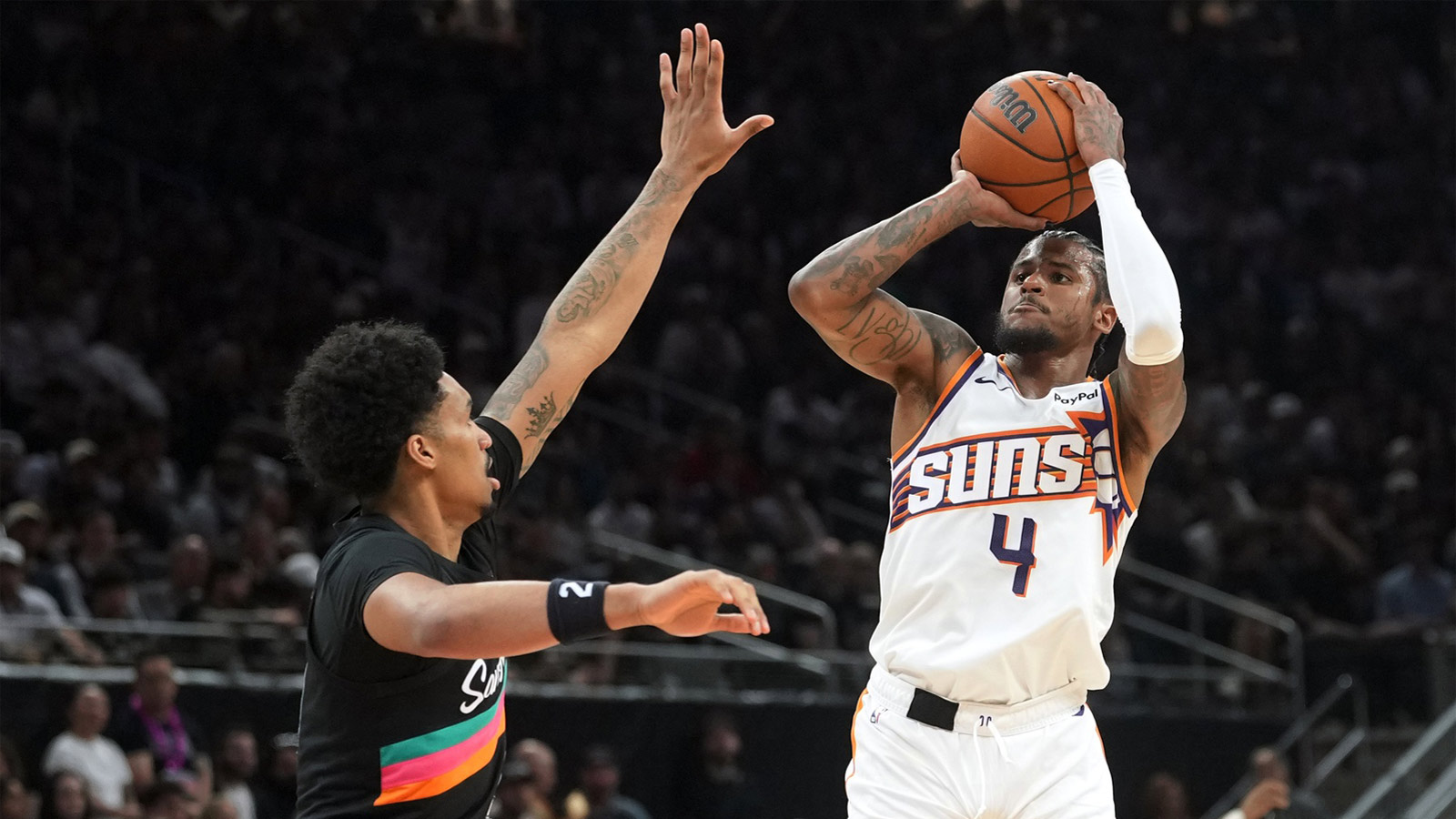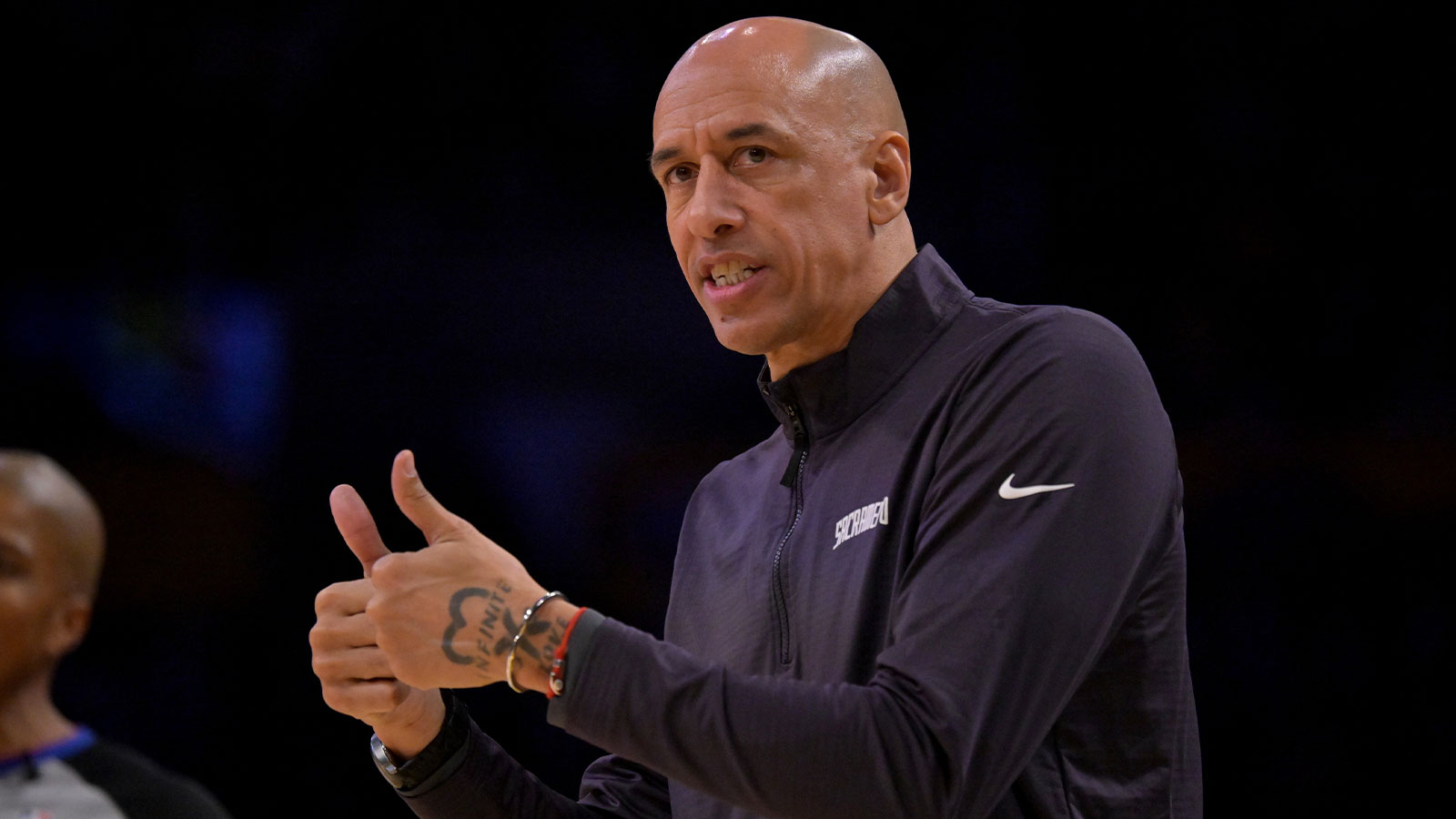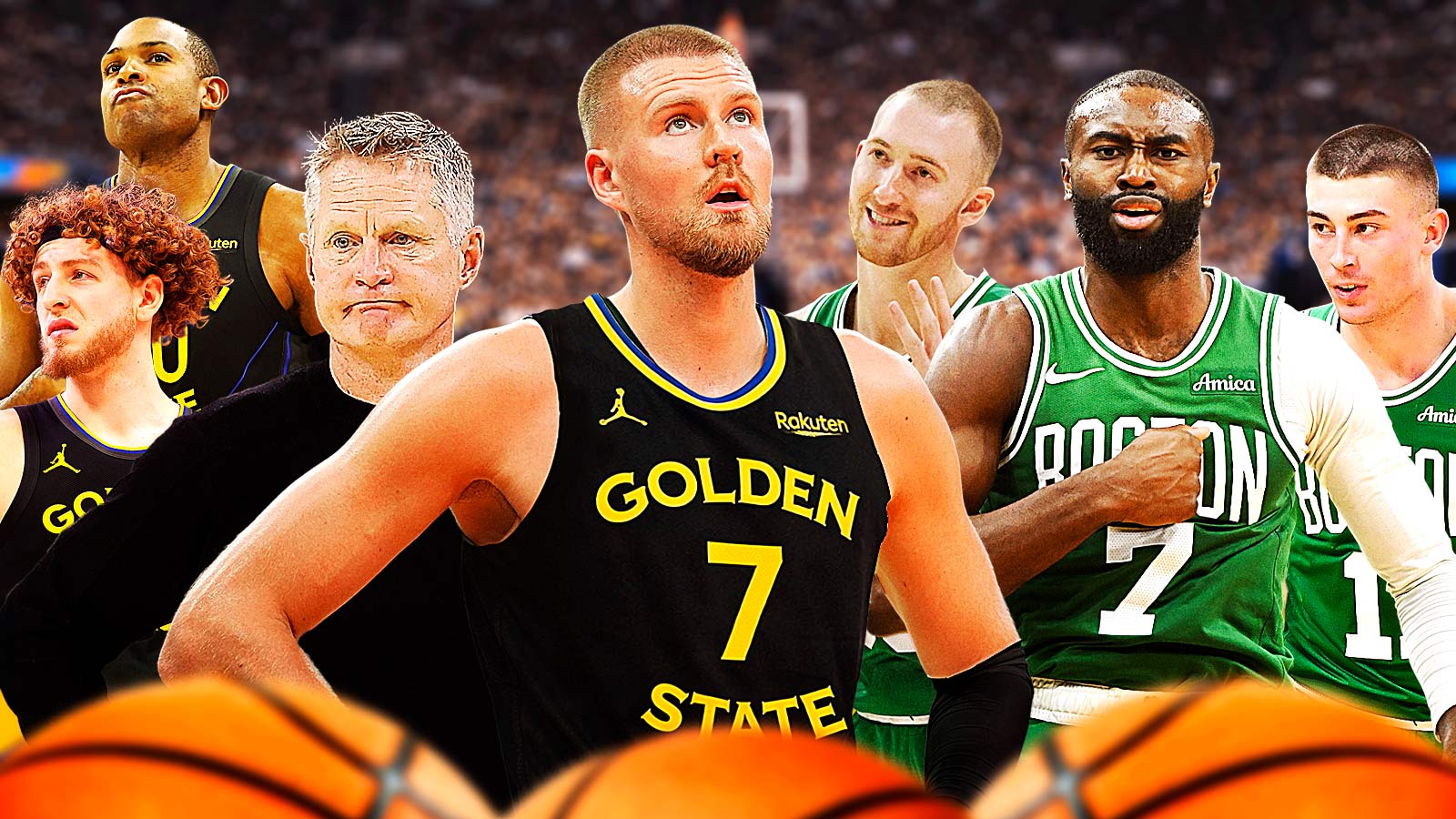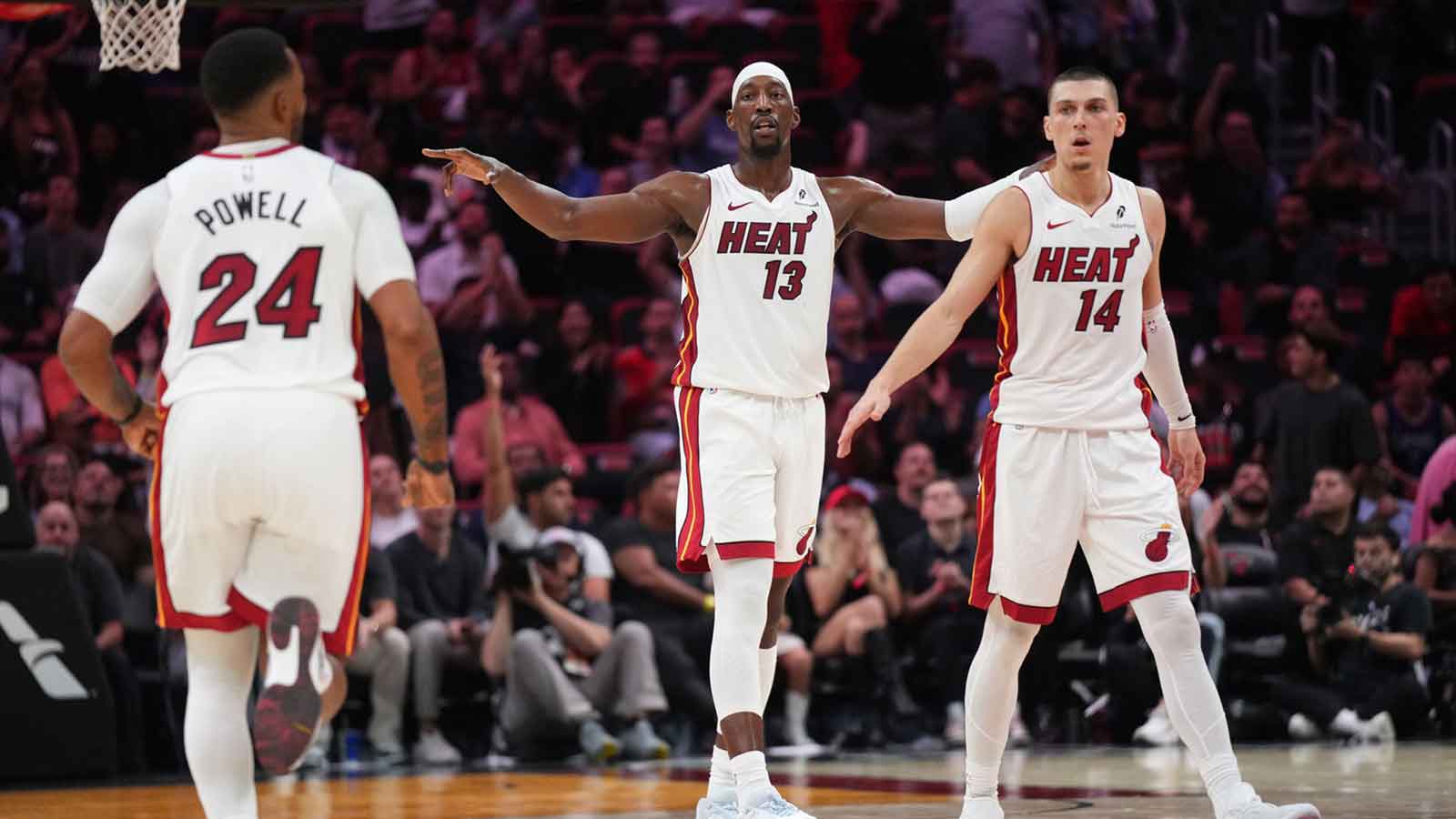For decades, the NBA huddle has been a sacred, impenetrable space. Fans see the intense faces, the nodding heads, occasional scuffles, and the final break; the actual substance of the plays, adjustments, and raw emotion has been left completely to the imagination. That is about to change thanks to NBC‘s “On the Bench” segment, which will place microphones and cameras into the most intimate team talks. LeBron James, Cooper Flagg, Ja Morant, and Steph Curry will just have to get comfortable as that space gets crowded. This innovation has the potential to quite literally change basketball.
NBC got exclusive rights to the “On the Bench” idea for the upcoming season, so the teams will only have to deal with the check-ins during the 23 Peacock NBA Monday games. There are plenty of reasons the encroachment will be worth the headaches. This drastic move that goes far beyond mere voyeurism and is far better for fans than the NFL's sideline reporter setup. If leveraged correctly, this access can fundamentally deepen hoops understanding, create new stars, and revolutionize how fans watch the game.
“Never before has a game featured an analyst dedicated exclusively to each team with such unparalleled access,” NBC Sports executive producer Sam Flood stated. “Each analyst will be dedicated to telling the story of the game through the lens of their team. At the same time, we will respect the sanctity of the inside information our analysts are able to hear but will always strive to give the audience unique insights that only this type of access can provide…”
So excuse Adam Silver's highlight league statements. It is time to demystify the NBA chess matches. Basketball literacy is at an all-time high. Today’s fans do not just watch the ball; they watch the off-ball screens, the defensive rotations, and the schematic adjustments. The “On the Bench” huddle access is a masterclass waiting to happen.
NBA gets intimate

Huddle access provides context that makes the subsequent actions more meaningful. Broadcasters will not be allowed to disclose everything immediately, obviously; they are within earshot of the court after all. By all accounts, this is not going to be like Tony Romo predicting plays from the booth. However, instead of a commentator generalizing (re: guessing), “They’ll probably look to get the ball to their star coming off a pin-down,” fans will hear a coach like Steve Kerr say, “OK, they’re switching everything. Jimmy, we’re going to you on the left block. When the double comes, you know where the skip pass is.”
This understanding enhances viewing satisfaction significantly. Instead of watching seemingly random basketball action, fans begin recognizing the chess match between coaching staffs. They understand why teams hunt specific switches, why certain players receive touches in particular situations, and how defensive adjustments influence offensive execution.
Coaches are hoping the defensive huddles will rub off on the next generation. Hearing an NBA coach emphasize, “Forget the last play. On this possession, we are not helping off the corner shooter. Stay home, force the drive into the crowd,” educates a young viewer or aspiring parent/coach. When the team gets a stop, it highlights the importance of an aspect of the game that often goes underappreciated.
Imagine hearing a coach draw up a play specifically for a defensive specialist to set a game-sealing screen. Or detailing a complex coverage that relies entirely on the low-man helper, which is often a glue guy like Herb Jones or Jaylen Wells. Suddenly, that player’s crucial, yet stat-sheet-invisible, contribution is narrated by the coach himself. Their basketball IQ is put on full display.
The educational component extends beyond individual games. Fans who consistently hear strategic discussions develop basketball IQ that makes them more invested viewers. They begin anticipating coaching decisions, recognizing tactical adjustments, and appreciating subtle aspects of player performance that statistics do not capture.
NBC creates new stars
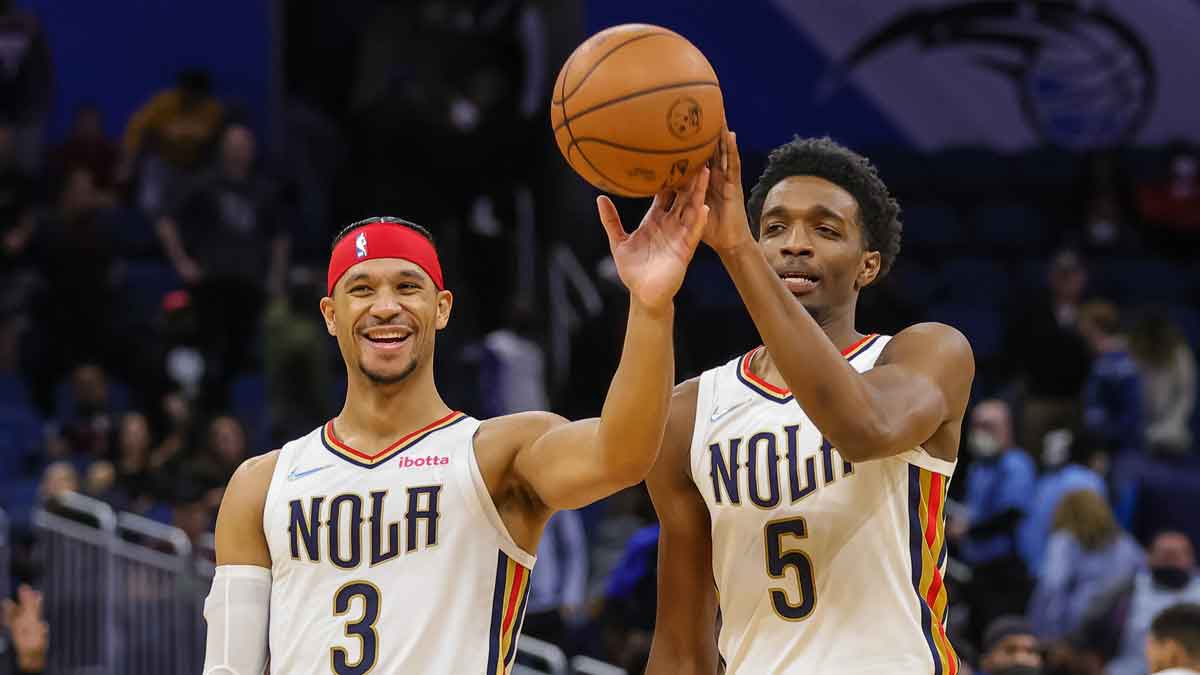
The NBA is a league of stars, but its soul is made of role players. This new rule is the single greatest tool to highlight their value and make them household names. NBC should name a segment “The Specialist Spotlight” to give players like Santi Aldama and Trey Murphy III a bigger stage. Now, when the play unfolds, the fan is not just watching a player score; they are watching a coached instruction executed to perfection. They understand the read and the counter, transforming a simple basket into a moment of intellectual victory.
NBC's extra access turns every fan into a virtual assistant coach, granting them the context needed to appreciate the game on a profoundly deeper level, if they pay attention. The same goes for the dumbed-down talk shows that need to be reminded of who is actually on the court. Networks can develop post-game analysis segments focusing specifically on strategic discussions, creating educational programming that breaks down coaching decisions and the consequences.
These segments can feature coaches explaining their tactical thinking, providing educational content that builds fan understanding. Weekly or monthly programs analyzing the most insightful huddle moments can highlight coaching personalities and tactical innovation. Fans gain appreciation for coaching creativity while learning basketball concepts that enhance their overall viewing experience. Assistant coaches can become hot commodities.
Call it creating a more positive narrative by the national media, something the sport could desperately use. Enough with the Shaqtin' a Fool airtime filler. A player like Alex Caruso is not just an “energy guy” anymore. When fans hear the coach mandate, “Alex, you're hounding their primary ball-handler full court. Do not let him get comfortable,” his chaotic style gains purpose and prestige. This creates a narrative fans can invest in: “Watch how Caruso executes the coach's plan.”
Building a marketable identity around specificity and skill is better business than crediting only hustle. Furthermore, every team has a player who speaks up as the emotional leader and holds teammates accountable. This access will reveal those voices, giving fans a new reason to connect with players who might not be the leading scorers but are undoubtedly the heart of the team. Give fans more Jose Alvarado and watch the appreciation on social media roll in. It is an easy win.
Adjusting to new information
Announcers should sound different, too. This allows the broadcast team to brilliantly narrate the action with newfound context: “And watch this, as coach just told us in the huddle, they’re running the play for the star guard off the double drag screen… and there it is! Perfect execution!”
The commentary shifts from prediction to analysis, validating the strategy and execution in the moment. This access does not require spoiling upcoming plays. Instead, broadcasters can capture the analytical discussions that reveal why certain players are positioned where they are, how teams identify and exploit weaknesses, and what adjustments coaches prioritize. Hearing coaches motivate players, witnessing leadership moments, and observing team chemistry build emotional investment that transcends wins and losses.
Fans will gradually develop stronger connections to teams and players, increasing long-term loyalty and engagement. This emotional component particularly benefits small-market teams and developing rosters. When fans witness the chemistry and character within struggling teams, they remain invested despite poor records. The human elements revealed through huddle access create compelling narratives that maintain fan interest through rebuilding periods.
NBC must choose the moments wisely. Do not overload every huddle. Focus on key situations: crunch time, out-of-timeout plays (ATOs), and immediately after a major momentum swing. Work with teams to ensure coaches and players are comfortable. Framing it as an opportunity to showcase their intelligence and teamwork will be crucial for adoption.
Essentially, the power brokers finally decided the NBA's game within the game is finally ready for a close-up. This huddle access goes beyond eavesdropping; it will invite the audience into the game's soul. That can only help to create a better situation for everyone invested.
By giving fans a headset into the strategic heart of the game, the NBA has a chance to create its most sophisticated, engaged, and passionate audience yet, all while shining a deserved spotlight on the intricate minds and role players who make the sport so beautiful.



